Can you imagine, by the end of 2021, around 28% of the total households would be smart homes in the United States? Yes, the demand for having a smart home is increasing rapidly. But what kind of house can be termed as a smart home?
A smart home is a convenient setup where the devices and appliances are easily controlled remotely and automatically through internet connectivity from anywhere remotely with the help of a networked device.
Compared to traditional homes, smart homes have replaced the fans, tube lights, and other appliances with smart air conditioners, energy-efficient home appliances, LED lights, etc. But as the smart homes are forming a new territory, many misconceptions about smart home and related to their existence are also developing along.

So, today through this blog, let’s work on some of the common misconceptions about smart homes to learn the truth.
Misconceptions About Buying A Smart House with Facts
If you are still wondering to automate your home, these facts are sure to turn your idea regarding smart home and boost you to have one.
I am not Computer Friendly, and There is Too Much Technology in A Smart Home
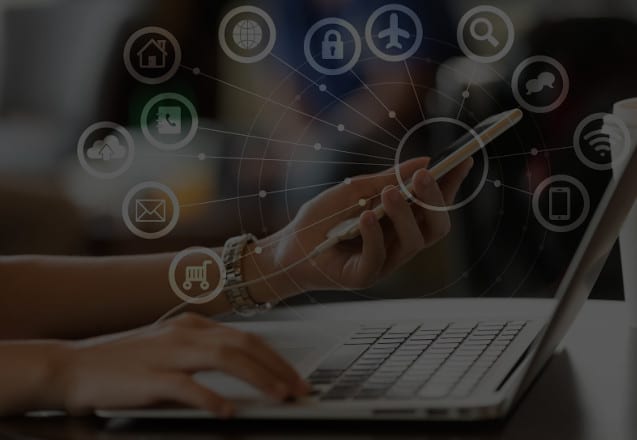
The term smart home makes the image of a smart house complex for first-time listeners. For them, a smart home means a house involved in too many technical circuits and panels that are difficult to use. However, the fact is that smart home products are very easy to install and use. Technology is expanding day-by-day and the service provides are improving the smart devices to make them user friendly and adaptable to everyone. Today, having a smart house includes a wireless connection, a one-time installation, and a smart phone to make the tools simple to operate, communicate, and update as well.
Smart Houses Are Much Expensive Than Traditional Houses
Another misconception widely prevailing in the market is that home automation is cripplingly expensive than the traditional houses. But that’s not the case. The first thing to mark while automating the house is that you don’t have to go for a bulk purchase of everything at once. You can start with small and essential devices like an ecosystem, security, Google Home Speaker, etc. and then move to other devices as you get used to the old ones. Again, it is not necessary to look for professionals every time you introduce your house to a new smart device as the products are now available with a detailed starter kit and demo to install on your own.
You Can Easily Get Hacked with A Smart House
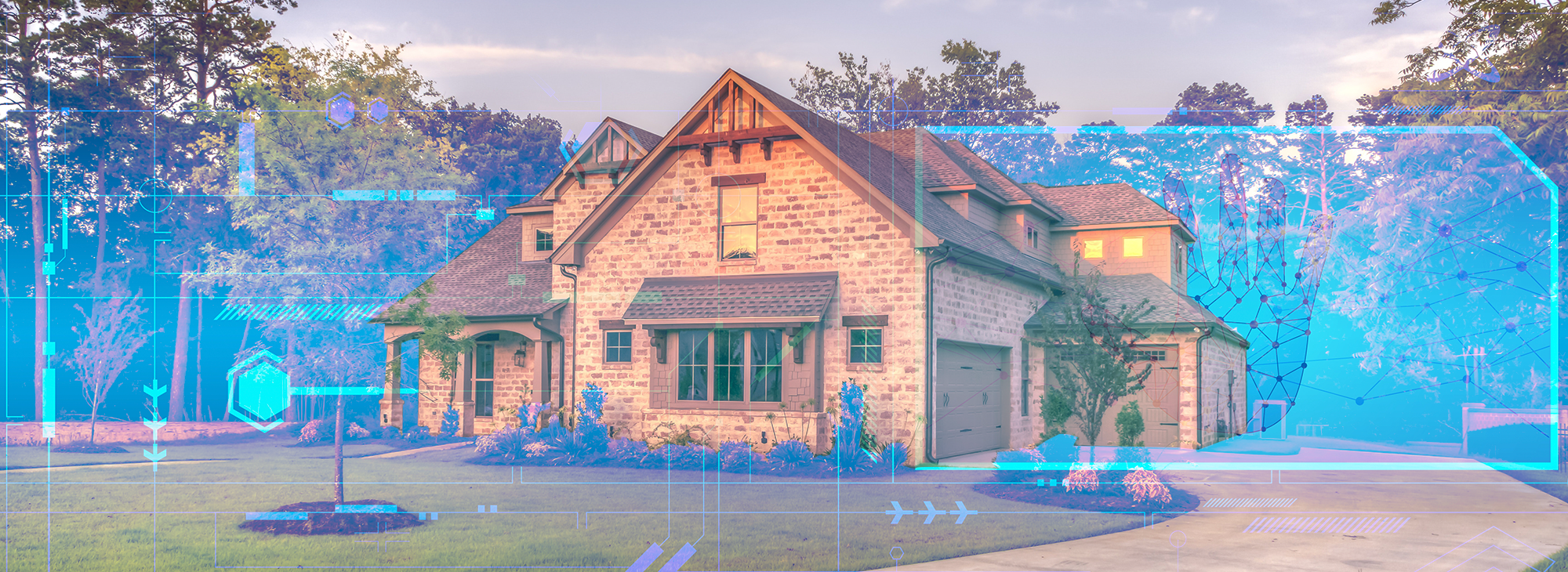
As hacking and data breaching are mounting rapidly, this has added a new myth on the list. Many consumers think that their data and personal information are at high risk when living in a smart house. Truly speaking, your data in a smart house is equally risky as the data when using other devices connected with the internet. No doubt, most of the companies are taking additional care to ensure that the smart devices are secure, there are still some precautions the house owners need to consider on their side like using a strong antivirus, encryption of complete data, strong and unique passwords, etc.
Smart Devices Installed in A Smart House Are Not User-Friendly
Apart from the young generation in the house, the elders have made up their mind that the smart devices are not user-friendly for them and are hard to operate. Actually, when a Smartphone is used in a smart house, it becomes easy to manage smart devices. The developers have designed the smart home appliances consciously so that anyone of any age can use it intuitively. Again, voice assistants like Google Home, Amazon Echo, etc. are now supportive of various smart devices controlling them through vocal commands.
Smart Houses Mean Huge Energy Bill Amounts
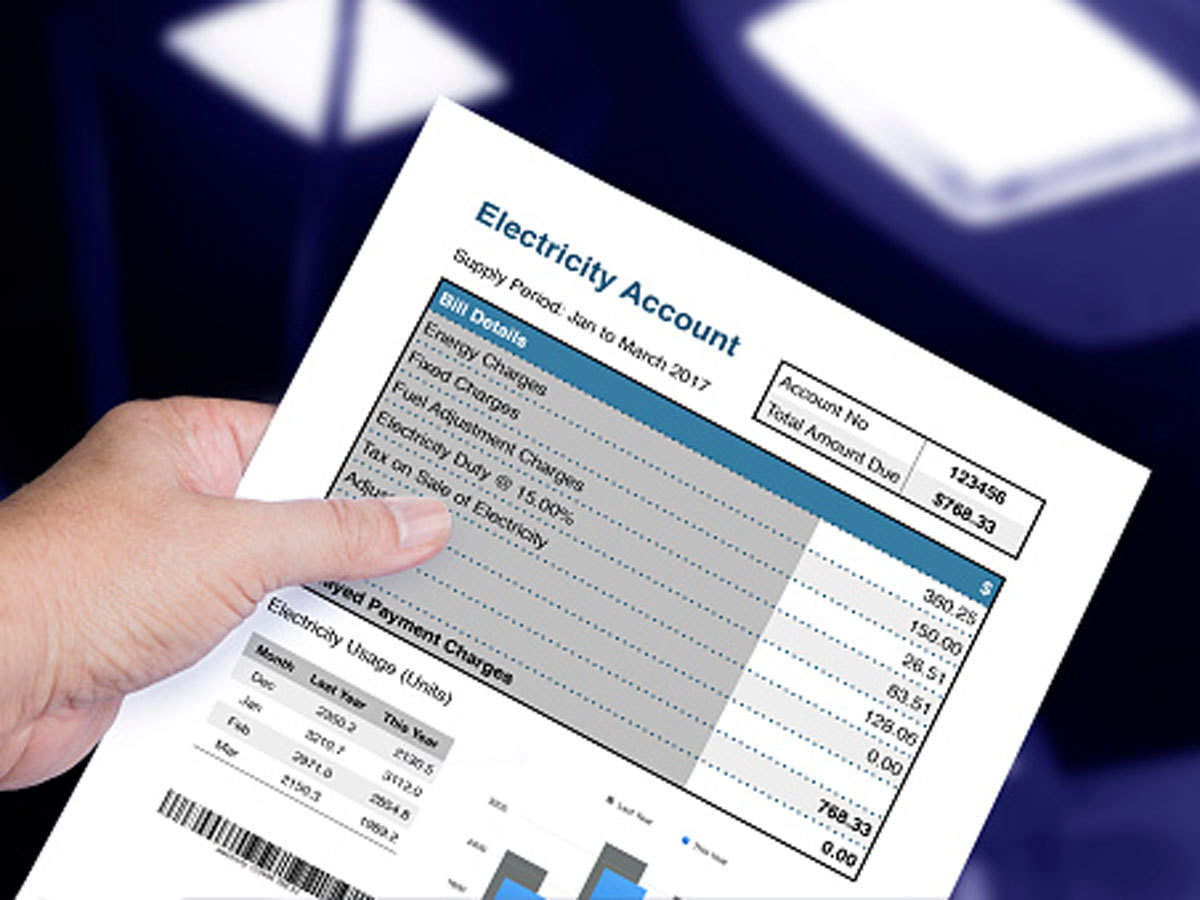
Undoubtedly, having a smart house means continuous usage of cameras and speakers, but this doesn’t increase your energy bills as most of them would be working on an internet connection. Surprisingly, smart houses are capable of reducing energy consumption to a great extent. The smart devices track the rooms that are not occupied and switch off the lights, fans, or air conditioners. The devices also ensure that the temperature is well-managed according to the number of members in the room. On the contrary having some smart devices in your house would surely help you manage and reduce the energy bills.
You Lose Privacy with A Smart House
Many people think having a smart house means having digital eyes on you round the clock, which means no privacy at all. Technically, this is wrong. All you need to do is be conscious regarding security breaches and compromised data, and avoid devices that are connected with a microphone or cameras. If you eliminate video and audio from your smart devices, you would be safe from becoming the victim of any kind of cyber-attack. Keeping all the essential aspects in mind, planning a smart house carefully gives you a safe and secure smart house and personal space.
Only Bigger Homes Can Be Automated as Smart Homes
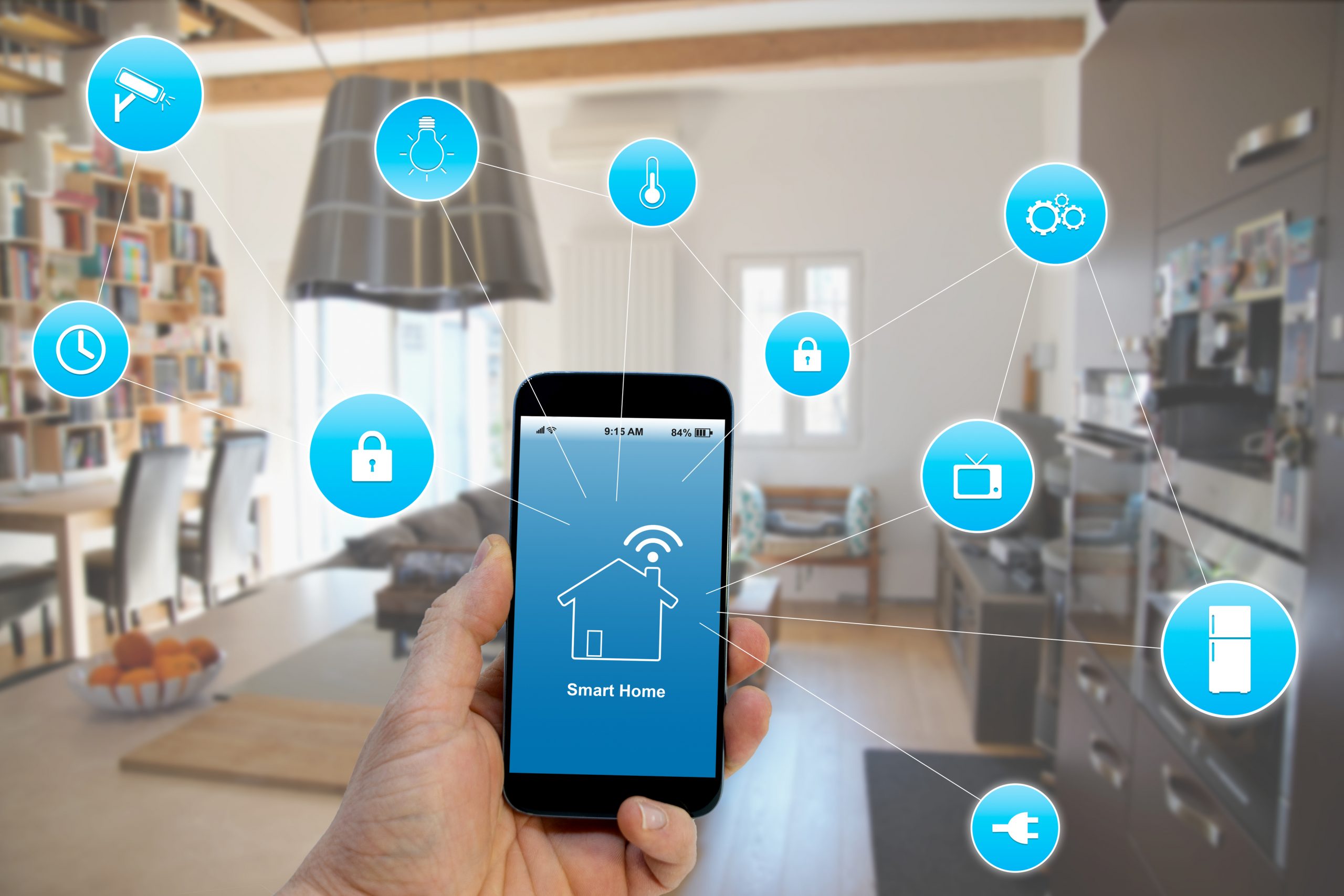
For many, a smart home is merely a luxurious house, which is big and expensive. A smart home has absolutely no connection with the size of the house. A smart house means installing smart devices in the house like automated speakers, security systems connected with Wi-Fi, smart switches, fiber optic cables, and much more. And all these can be properly installed in a small house too. In fact, with a small house, the installation and automation cost would reduce as you would be working with limited smart devices as per your requirements. So, every automated house need not be a luxurious one.
You Should Only Automate the Door Locks and Light for Your Smart House
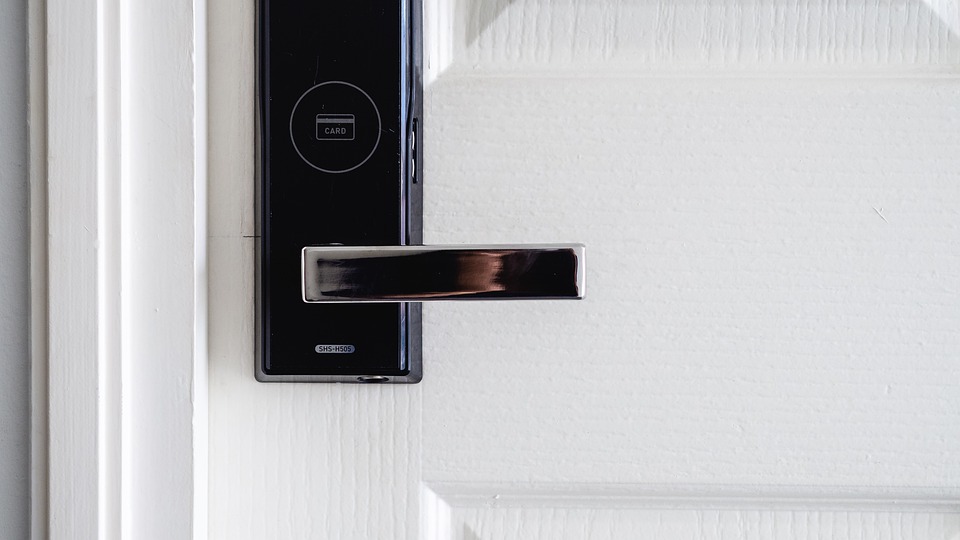
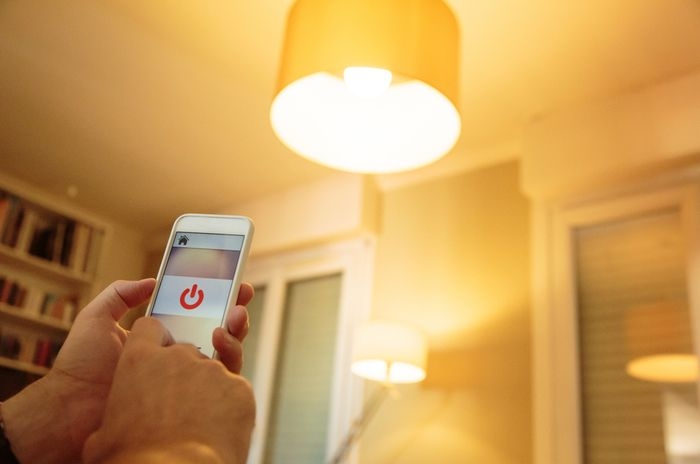
This might surprise you, but around 69% of the total households in the U.S. hold at least a single smart home device. When talking about a smart house, people widely think of having a secure house. But this doesn’t mean that a smart house should only automate the lights and door locks. For managing and controlling a smart house, there are other essential things to look for other than door locks and lights. There are other automated devices as well if you are looking for them like smart water assistants, leakage detectors, analogue thermostats, temperature controllers, etc. Hence, next time the idea of automating your house comes to our mind, think a little further from merely door locks and lights.
There Is No Professional Help Required to Automate Your House
All the smart devices indeed come with a demo and detailed guide to install the device on your own without the help of any professional. But not all devices can be installed on your own. It is highly advised to appoint experts in the field for installing the smart devices for proper installation and learning the managing and operating techniques as well. The technicians have all the skills of understanding the machine analytics regarding the appliance. Again, installing the devices on your own can also result in unwanted damages or short-circuits. So, it is better to be safe with some professional help.
Everyone Should Have A Smart Home for Utmost Safety
It is not necessary to automate your house just because others are doing it. Home automation can indisputably make the life of the family members convenient, safe, and easy, but not every home needs to be connected with smart devices. For those living in a rental house, there is no sense of installing hardware devices as the landlord is surely not going to pay or provide you with any concession for the installation. Further ask yourself and discuss the idea of home automation with your family members before starting with the entire process. You can also look for initial and necessary devices to be installed rather than making your house automated. So, think and plan before investing in a smart home.
To know more about benefits of home automation, here you go:
Take Away
The list of misconceptions about smart home is a never-ending. A smart home is an advanced technology, which makes it susceptible to various misconceptions. Just as the technology has added to the benefits list, the jargons and myths are sure to scare you.
Hope through this informative blog, we have successfully managed to cover all the common misconceptions. Home automation is cost-effective, easy-to-use, and affordable. A final piece of advice for the people looking to adopt this young industry is to start with a slow but sure process to execute a smart house smartly.
So, rather than getting baffled in such fallacies, it is better to join hands with the advanced technology, and start implementing the smart capabilities in your home.
After knowing about misconceptions, if you really got keen to know about its benefits and about its future, here they are:
14 Benefits of Home Automation Technology – Upgrade Your Lifestyle
Image Courtesy: Image 3, Image 4, Image 6, Image 7, Image 8
Author Bio
Sai Charan Gundreddi – Sai Charan Gundreddy is an author and a freelance content writing specialist with over 3 years of experience in the field. A writer by day and a reader by night, he is loathe to discuss Hinderer in the third person, but can be persuaded to do so from time to time.
